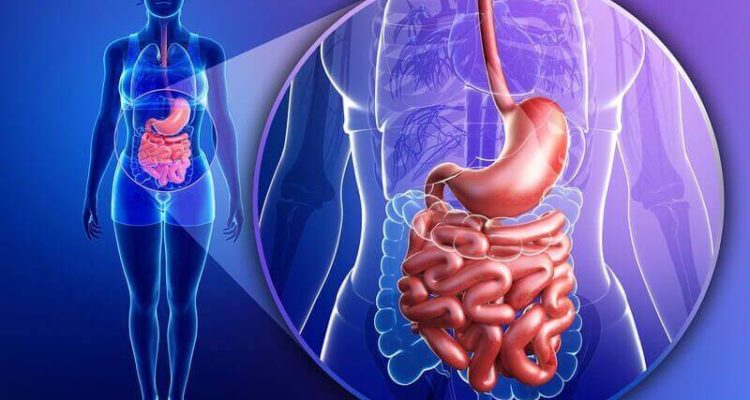
How to protect intestinal health: nutritionists named the main rules
0
Over the past few decades new research has found links between gut health and the immune system, mood, and mental health. Nutritionists note that 70% of leukocytes, which play a key role in immune function, are located in the intestine. According to doctors, it is possible to protect the body from various diseases if you follow a few simple rules of daily nutrition.
Plant foods
The American Gut Project found that those who ate 30 or more servings of plant foods per week had significantly better gut microbiomes than those who they are less than 10. Nutritionist Amy Adams reminded that such products are rich in fiber, which increases the number of beneficial microbes in the intestines.
More probiotics and prebiotics
< p>According to doctors, probiotics have powerful antimicrobial activity, improve the function of the intestinal wall and have a positive effect on the intestinal immune cells. Good sources of probiotics are yogurt, kefir, kombucha, kimchi and other fermented vegetables. Experts advise to use them several times a day.
In addition, it is important to give priority attention to prebiotics. These dietary fibers feed good bacteria in the gut and have anti-inflammatory effects.
Less processed foods
These include flakes with added sugar, cookies and chips. According to nutritionists, such products worsen the work of the intestines, and also increase the number of methane-producing bacteria. Gas, in turn, slows down the work of the gastrointestinal tract and can cause small intestinal bacterial overgrowth (SIBO), which in severe cases leads to malabsorption and micronutrient deficiencies.
In addition, a recent study, published in the journal Gut, found that people whose diets were high in processed foods, fast food and sugar had more harmful toxin-producing bacteria in their gut.
Less alcohol and artificial sweeteners< /strong>
Research shows that regular alcohol consumption can cause intestinal inflammation and negatively affect the composition and functions of the intestinal microbiota.
As for artificial sweeteners, they also negatively affect the intestinal microbiota microbiome In particular, scientists have found that sweeteners can lead to glucose intolerance.









Leave a Reply